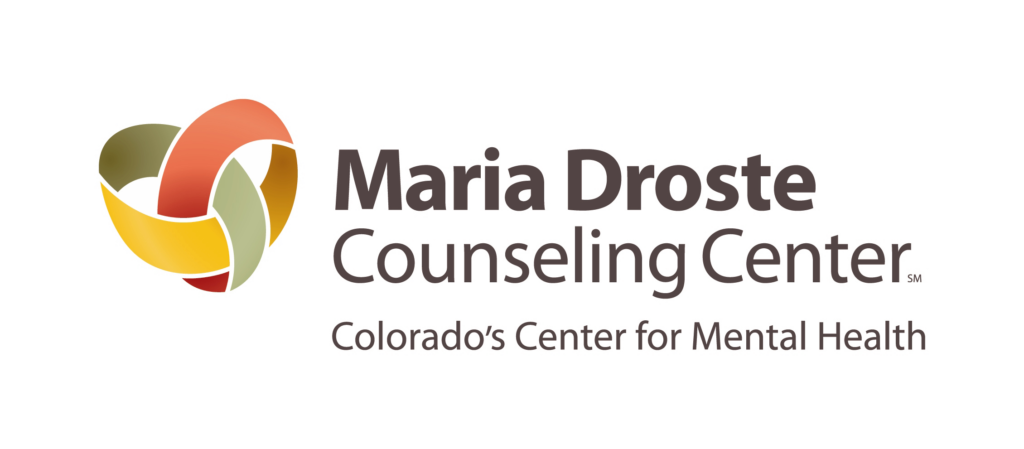Curating Compassion in Children
Posted by Development Office on Nov 18, 2021 in Family and Children
As children learn and look for guidance and information, instilling compassion starts with their parents, guardians, and teachers. Research shows that we’re born with the capacity to be both compassionate and hurtful; it’s how we’re nurtured that makes the difference to who we become. It’s not uncommon to witness children as young as two displaying a natural understanding of compassion towards another child. Curating compassion in our children is crucial, and to effectively do so we must hone in on these natural reactions and encourage our youngsters to be kind.
However, not all children are fortunate enough to be surrounded by the guidance they need in their formative years. This can have a huge impact on their learning and behavior. Maria Droste Counseling Center’s Children First program aims to support children in their social and emotional learning by embedding a counselor on-site in schools.
There are many ways to maintain that wonderful, natural compassion within children and teach them the importance of being kind.

Support mental wellness for your child’s school
Help children get the social/emotional support they need with a Children First Program at your school. If you’d like to start a Children First Program at your elementary school, contact Tiernen Archibald, LCSW, Director of Children First, at 303-756-9052, ext. 167.
Finding a Connection Through Fiction
Children need socialization to learn and develop a sense of the world outside themselves. The COVID-19 pandemic has made such socialization difficult, and many children have yet to develop these skills. A SymptomFind post outlines how children often use characters from stories to project their own emotions. They can form strong connections with these fictional roles, which can have lasting impacts. Using books is a great way to equip our youth with the tools they need to become compassionate people. Thus, we should be mindful of which books we read with our children. We should always try to find ones that have a good representation of feelings, in words or pictures. There are many age-appropriate books which offer stories of compassion and kindness.

Learning Facial Expressions
In addition to the use of books, role-playing can be beneficial when educating children. You can create a fun game by acting out certain emotions and asking the child to pay attention to your face and explain what they think you’re feeling. This can be an important lesson about seeing things from another’s perspective and identifying the needs of others.
Acknowledging Compassion
Caregivers should always acknowledge when a child displays compassion, just as any other positive behaviors we see. Rewarding children with verbal praise will encourage them to repeat the behavior and increase their enjoyment with the experience. Don’t stop with just acknowledging the child’s understanding of kindness; always point out compassionate behavior of others and how that makes you feel.
Helping Other People
Helping others can be a wonderful way to teach compassion and going out of your way to do so only enriches the experience. Volunteering at child friendly events and getting them involved will allow them to see how rewarding it is and how it affects those we help. The Balance suggests that teaching kids to give back to their community can improve the lives of those around them and teaches them to be compassionate. The global crisis we’ve recently faced has resulted in more opportunities for compassion to be nurtured. Sage Journal’s research outlines that helping those in need, especially people outside of our family and friendship groups, can teach children that it’s important to be compassionate to all.
Among other services we offer at Maria Droste are individual counseling for children, family therapy, and counseling for children at their school as part of the Children First Program. Consider donating today to support the work that our counselors do to curate compassion and other skills in our youth.
Written by Alicia Tyler
Need Help?
If you would like to speak to a therapist about this subject or about any other issue you may be experiencing, contact the Maria Droste Access Center at 303-867-4600.
Get Informative Posts like this Sent to Your Inbox
Maria Droste posts regularly on helpful mental health and wellness subjects like the one you just read. We send these out in our free monthly newsletter. Subscribe today and get informative reads like this sent straight to your inbox.
